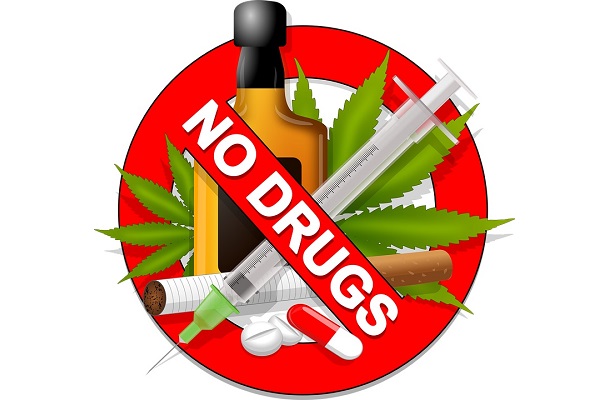As a TPA (Third-Party Administrator) of drug testing services, we get asked a lot if continuing to drug test, in particular for marijuana, makes sense. In an era of evolving attitudes towards drug use and changing legislation, companies face the challenge of deciding what makes sense for their business. In this post, we will explore the importance of drug testing, the impact of marijuana legalization, and the return on investment (ROI) associated with maintaining drug-free workplaces.
Why Drug Test?
An important consideration is that you are responsible for ensuring workplace safety and productivity. You need to mitigate risks that can affect your employees in a negative way. Obviously, drug abuse, including marijuana, can impair an employee’s cognitive abilities, coordination, and judgment, posing safety risks to people or property in many industries such as transportation, manufacturing, healthcare, construction, and more. Implementing drug testing programs helps identify and deter substance abuse, reducing workplace accidents and promoting a safe working environment.
Productivity and performance are also at risk if you have impaired employees. Substance abuse can lead to absenteeism, reduced productivity, increased errors, and poor decision-making. By maintaining drug-free workplaces, companies can foster a culture of accountability, engagement, and high performance, ultimately improving their bottom line.
Another consideration is legal and compliance requirements. Despite the legalization of marijuana in some states, it remains illegal at the federal level in the United States. Companies that operate across state lines or have federal contracts are required to comply with federal laws, which may include drug-free workplace policies and drug testing. There are also certain industries, such as transportation and healthcare, which are subject to specific regulations mandating drug testing to ensure public safety. Compliance with these industry-specific regulations is crucial to avoid legal repercussions and maintain professional standards.
Is drug testing worth the cost?
Having a drug-free workplace policy has been shown to provide ROI in several areas including:
- Reduced Turnover and Training Costs: Drug testing helps identify potential substance abuse issues early on, allowing companies to take appropriate actions, such as counseling or rehabilitation, to retain valuable employees. By reducing turnover rates, companies save on recruitment, onboarding, and training expenses.
- Improved Employee Morale and Engagement: Maintaining a drug-free workplace sends a strong message about a company’s commitment to employee well-being and safety. This, in turn, boosts employee morale, job satisfaction, and overall engagement, leading to increased productivity and lower employee turnover.
- Insurance Premium Reduction: Many insurance providers offer reduced premiums to companies that implement drug testing programs. By actively addressing substance abuse issues, companies demonstrate risk mitigation measures, potentially leading to lower insurance costs.
In an environment where drug use, including marijuana, is increasingly prevalent and accepted, companies must carefully consider the benefits of maintaining drug testing programs. By prioritizing workplace safety, productivity, legal compliance, and employee well-being, companies can experience a significant return on investment (ROI) through reduced turnover costs, improved employee morale, and potential insurance premium reductions. Ultimately, drug testing remains a valuable tool in promoting a drug-free workplace and ensuring the success and growth of businesses.
If you have, or want to have, a Drug-Free Workplace that includes pre-employment, reasonable suspicion, post-accident or random drug testing, we’re here to help. Contact Us to learn more.

